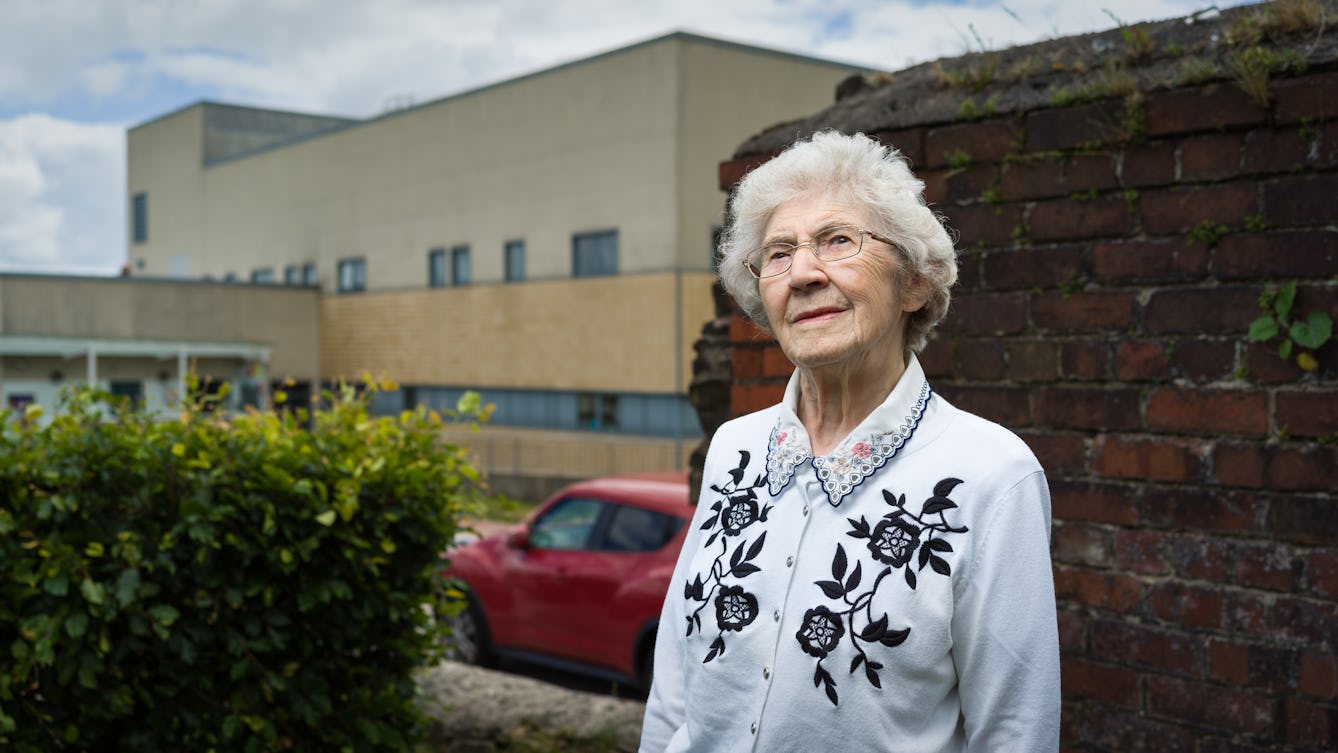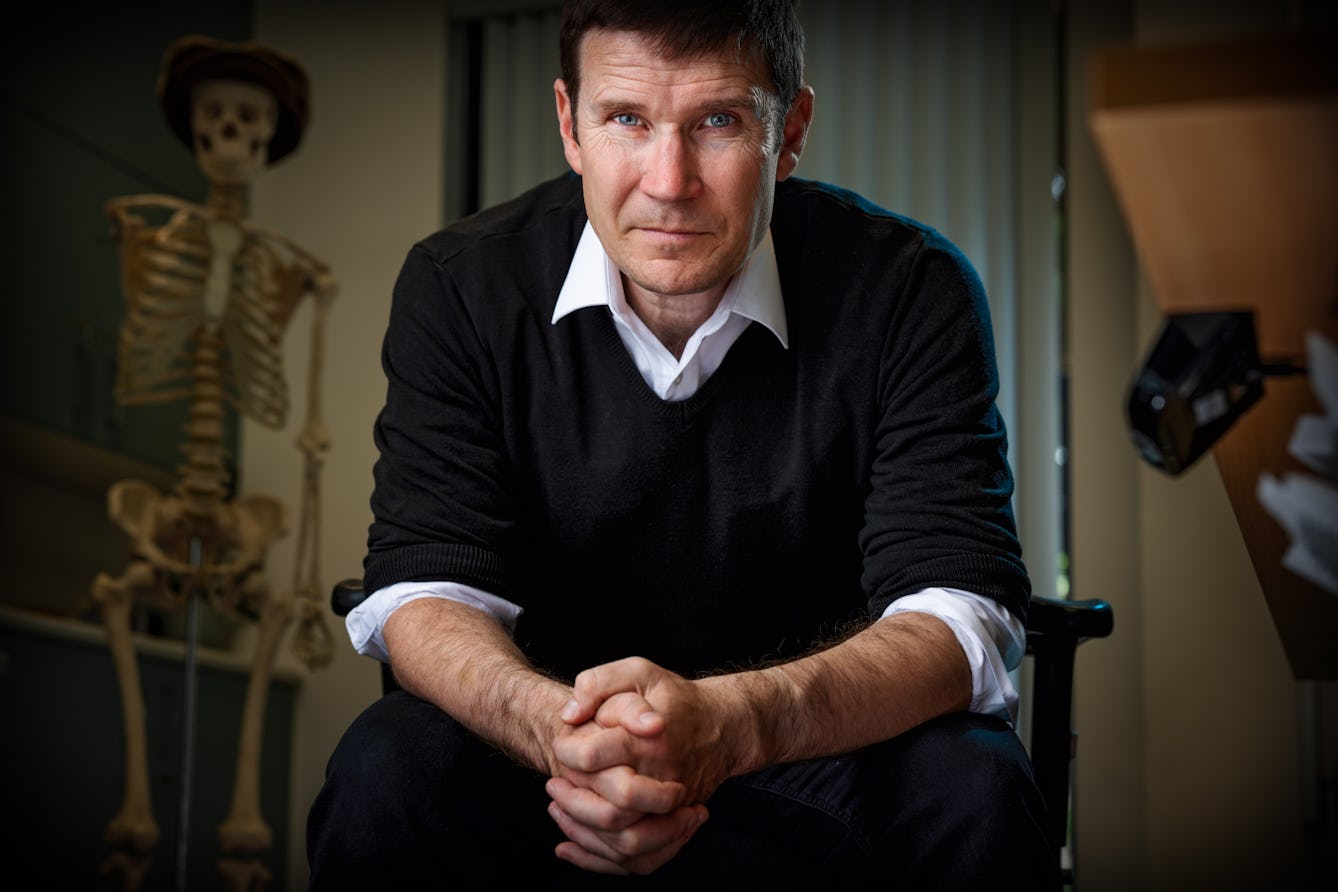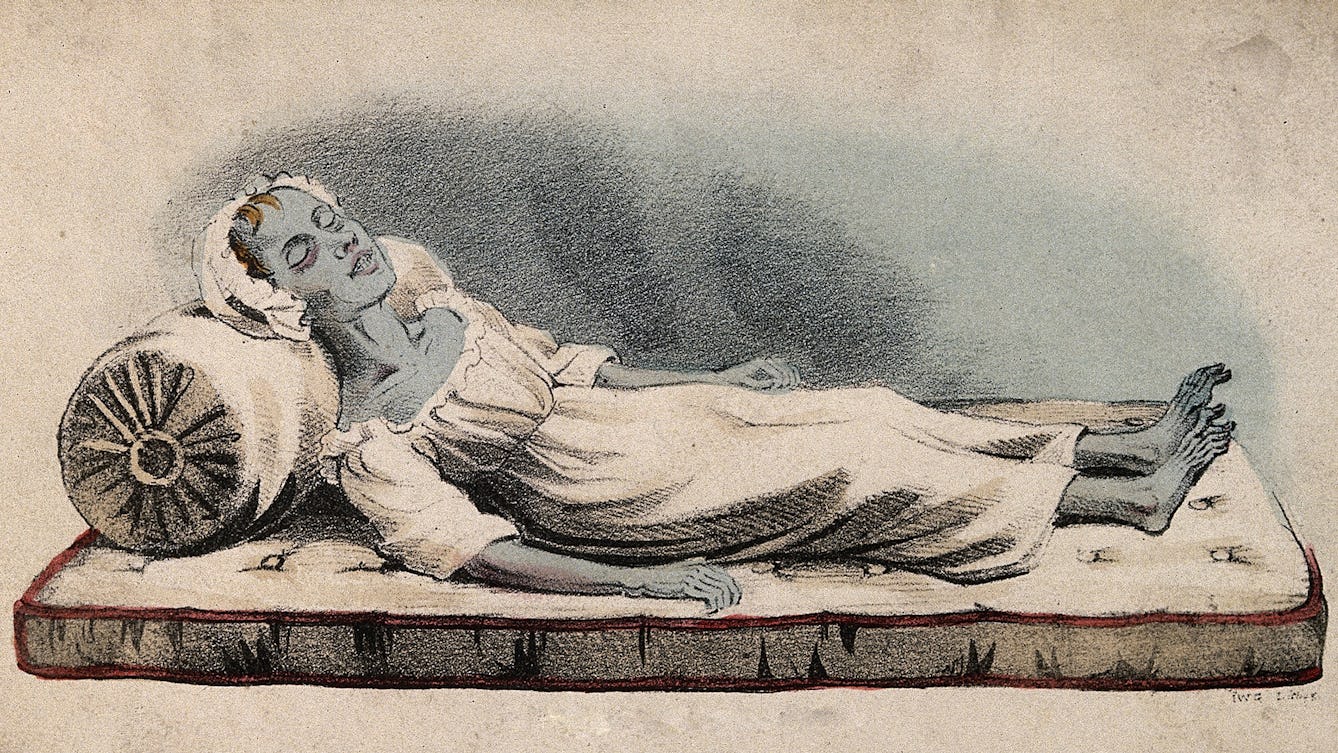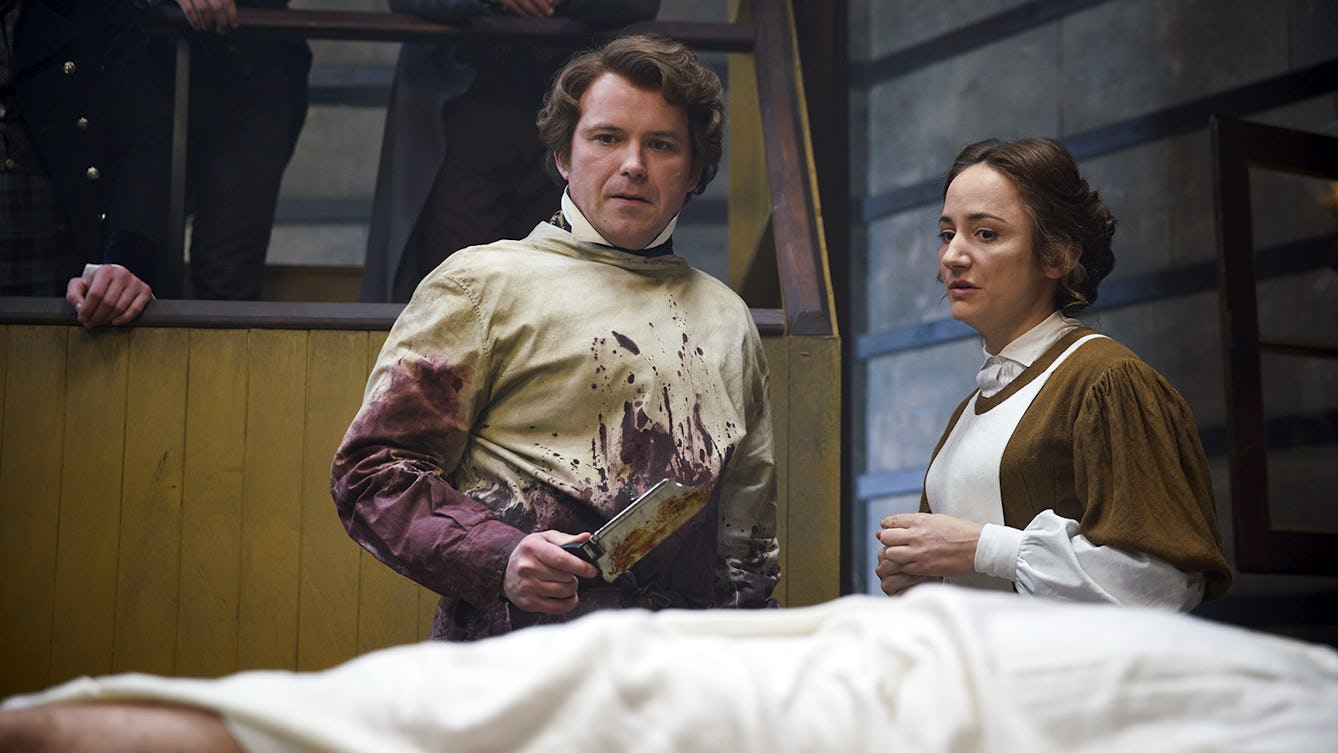
- Article
- Article
The birth of Britain's National Health Service
Starkly unequal access to healthcare gave rise to Nye Bevan’s creation of a truly national health service.

- In pictures
- In pictures
The friendly societies and healthcare
For a couple of centuries, friendly societies plugged the healthcare gap between expensive private care and charitable institutions for many thousands of people in the UK.

- Article
- Article
Eugenics and the welfare state
Indy Bhullar explores the ideas of William Beveridge and Richard Titmuss, who were strongly influenced by eugenic thinking, and yet championed the idea of the welfare state.

- Article
- Article
Intelligence testing, race and eugenics
Specious ideas and assumptions about intelligence that were born during the great flourishing of eugenics well over 100 years ago still inform the British education system today, as Nazlin Bhimani reveals.

- Book extract
- Book extract
Why the NHS is worth saving
In this extract from his latest book, ‘Free For All’, Dr Gavin Francis poses challenging questions to be addressed if a health service that’s free for all at the point of use is to remain possible.

- Article
- Article
The joy of playing hide-and-seek with rats
Playing hide-and-seek with lab rats has shown scientists that joy can be a great motivator for learning and social interaction – and not just for rats.

- Article
- Article
The colonist who faced the blue terror
India, 1857. In a British enclave, Katherine Bartrum watches her friend, and then her family, succumb to the deadly cholera.

- Article
- Article
Coasting to catastrophe
In climate change, everything – and everyone – is connected. The watery process that will gradually cut off the Isle of Thanet from the British mainland has begun, and everyone in the UK needs to pay attention.

- Article
- Article
Self-obsessing in the age of selfies
The tiny, joyful spark of a social media ‘like’ can lead to a damaging obsession. Find out how far people will go when their phone addiction gets the upper hand.

- Article
- Article
Vaccinating a community, saving lives
Doctor Jane Harvey always goes the extra mile to care for her patients, and in recent months that’s extended to huge efforts to save lives with her coronavirus vaccination push.

- Article
- Article
Lying low for lockdown and beyond
For Liz Carr the chances of catching Covid-19 are the same as for anyone else, but as a Disabled person she's at much greater risk of not getting the treatment she needs if she falls ill.

- Article
- Article
The birth of the public museum
The first public museums evolved from wealthy collectors’ cabinets of curiosities and were quickly recognised as useful vehicles for culture.

- Article
- Article
Sick of being lonely
When his relationship ended, Thom James first withdrew from the world, then began to suffer from illnesses with no apparent physical cause.

- Article
- Article
Two health centres, two ideologies
Two futuristic, light-filled buildings aimed to bring forward-looking healthcare to city dwellers. But the principles behind each were very different.

- Article
- Article
Collecting pandemic stories
Find out how personal notebook jottings from two flatmates became ‘Journals of a Pandemic’, a comprehensive diary-keeping project encompassing dozens of writers from a wide variety of backgrounds.

- Article
- Article
The making of ‘Quacks’
How do you create a medical comedy that’s authentic and laugh-out-loud funny?

- Article
- Article
Families fighting for justice
In 1962 a group of parents whose children had been affected by thalidomide began a decades-long battle in the law courts, the media and Parliament in order to win fair justice for all thalidomide survivors.

- Article
- Article
John Walter on ‘Alien Sex Club’
I’m a painter, but I make worlds.

- Book extract
- Book extract
Inside the Cold War mind
Martin Sixsmith explores the competing national psyches of Russia and America, and a world divided between their irreconcilable visions of human nature.

- Article
- Article
Booze and bad behaviour
Our love of alcohol is like a party that’s lasted nine centuries. But there are signs that the demon drink is losing its appeal.

- Book extract
- Book extract
The history of brainwashing
Is it possible to control what other people think? In this abridged extract from his book ‘Brainwashed’, psychoanalyst and historian Daniel Pick offers us a new history of thought control.

- Article
- Article
Between sickness and health
In early 2020, the subject Will Rees was studying – imaginary illnesses – took on a new relevance as everyone anxiously scanned themselves for Covid symptoms each day. But this kind of self-scrutiny is nothing new, as he reveals.

- Article
- Article
Celebrating our soft toys
After cuddling a teddy bear cured her insomnia, Elspeth Wilson was inspired to speak to four other autistic and disabled adults, who praise the roles soft toys play in their lives.

- Article
- Article
How music opens the doors of memory and the mind
People living with dementia can often still listen, perform or move to music. What does this tell us about how memories are formed?

- Article
- Article
Epidemic threats and racist legacies
Epidemiology is the systematic, data-driven study of health and disease in populations. But as historian Jacob Steere-Williams suggests, this most scientific of fields emerged in the 19th century imbued with a doctrine of Western imperialism – a legacy that continues to influence how we talk about disease.